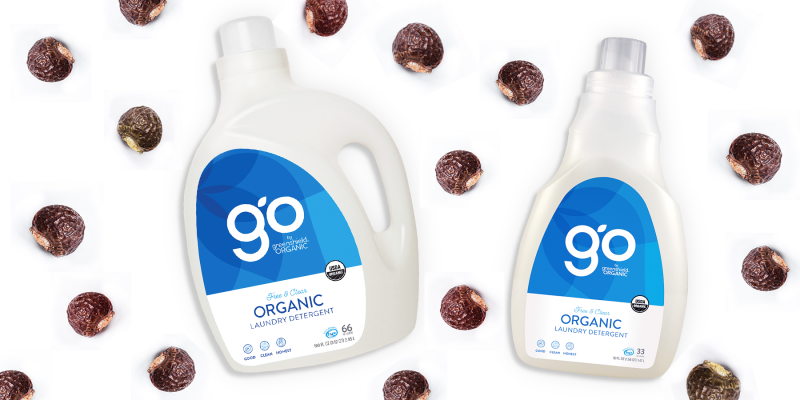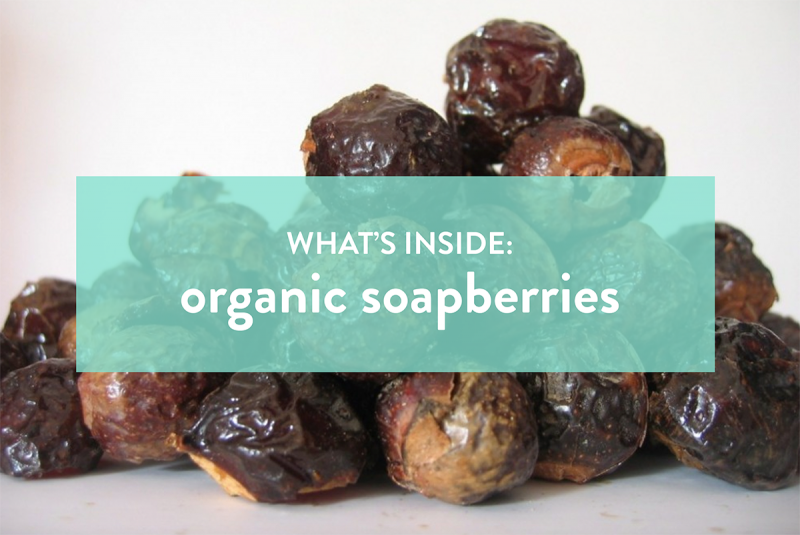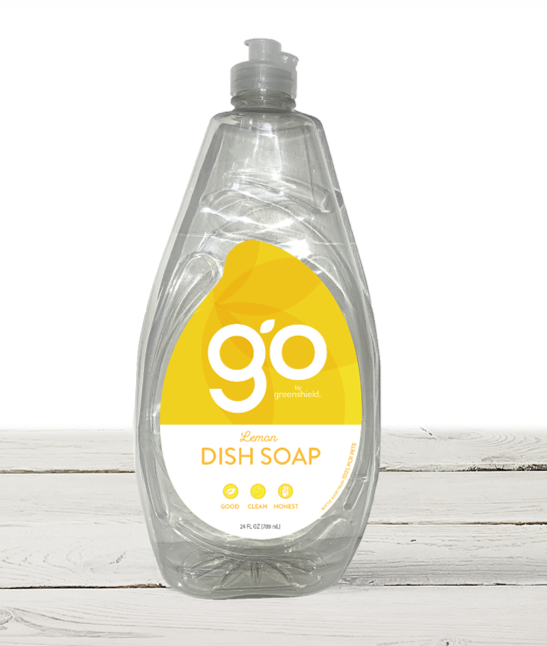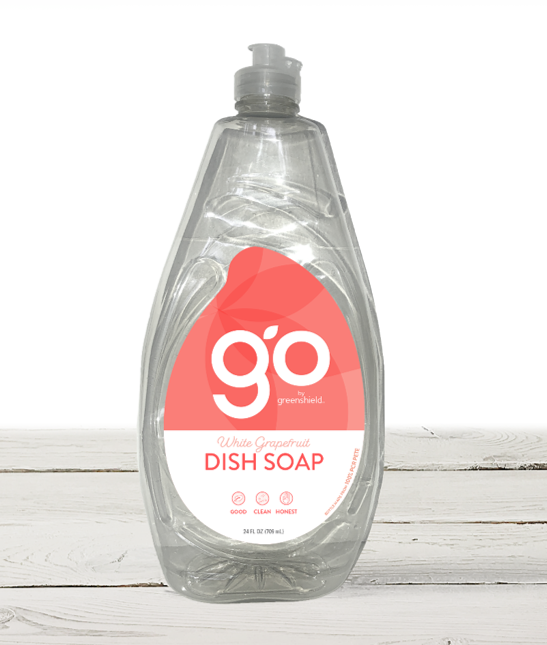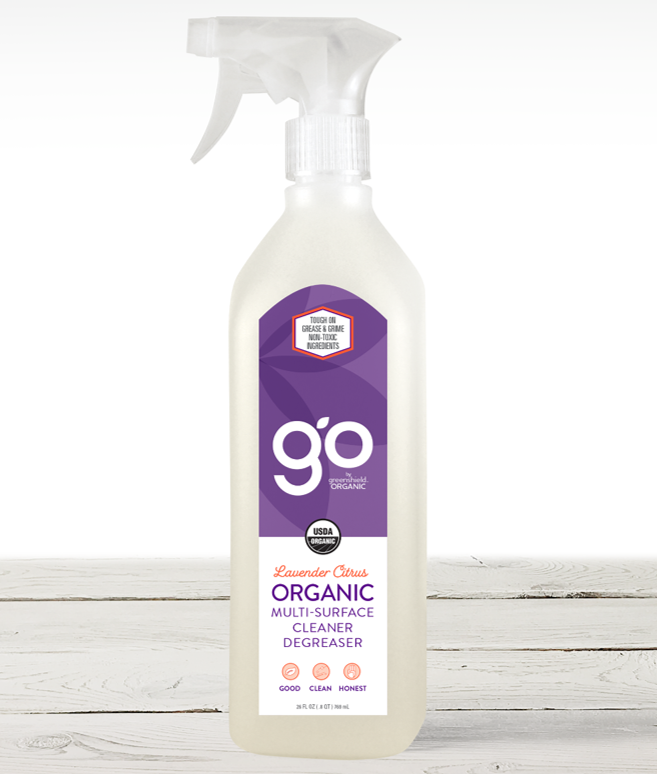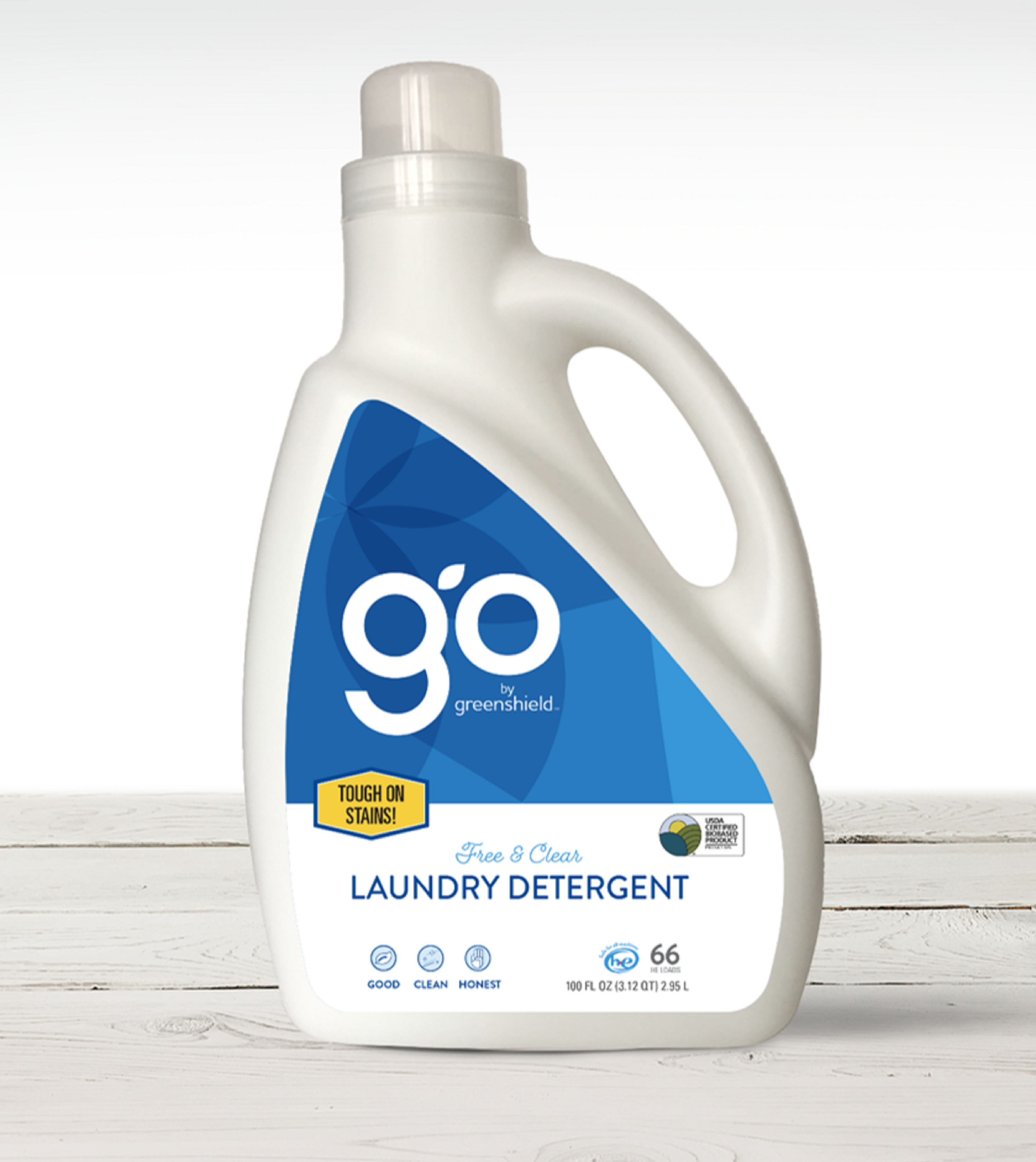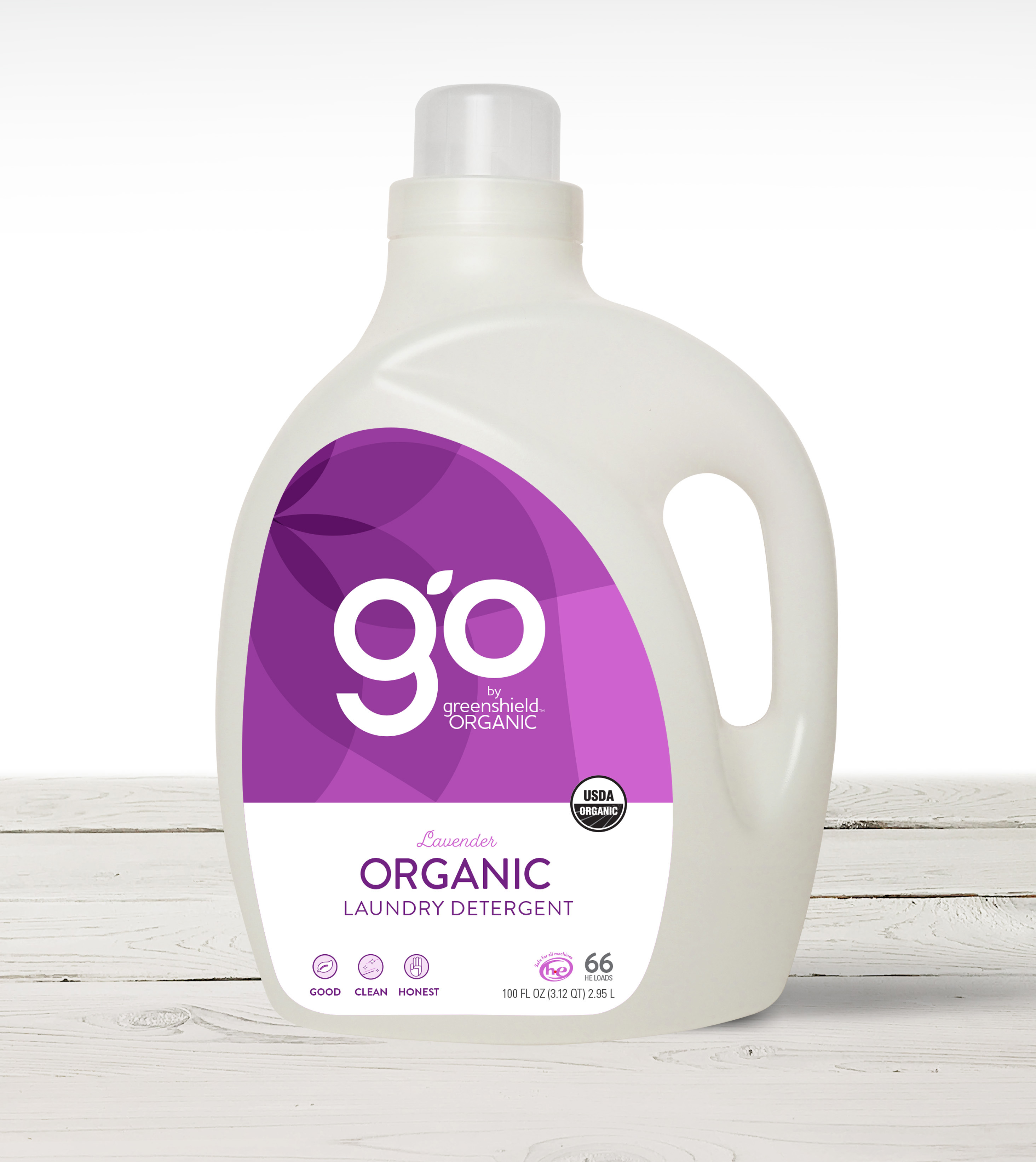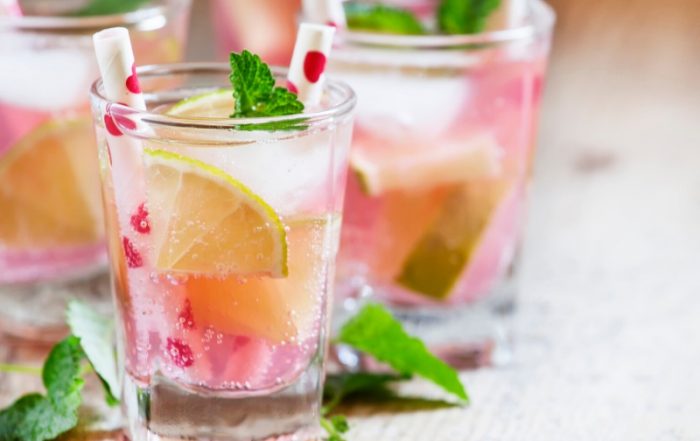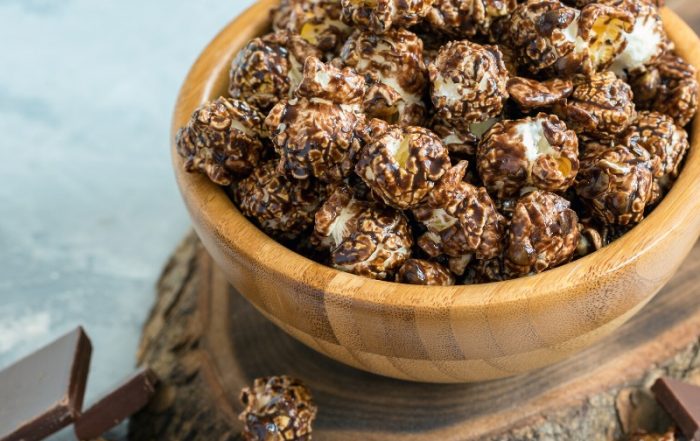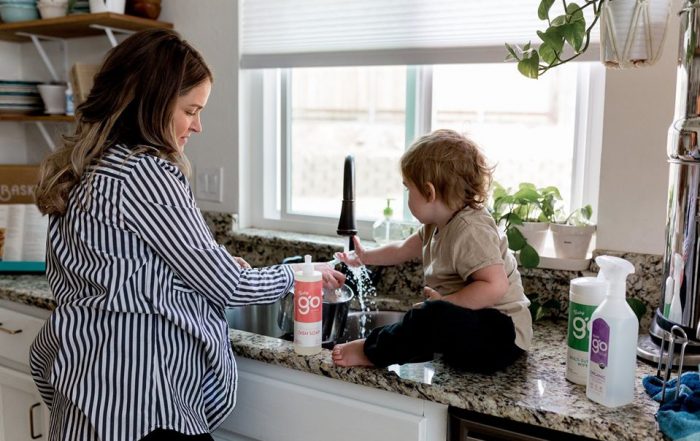Organic Soap Berries vs. Sodium Lauryl Sulfate
Let’s go burst some bubbles…
Bubbles are fun. What’s not so fun is some of the chemicals used to suds up your favorite products. Sodium lauryl sulfate (SLS) is a common chemical surfactant used to add suds and lather to everything from shampoo and soaps to household cleaners and laundry detergent. SLS can be naturally derived from plant sources or synthetically made from sources like petroleum.
Exposure to chemicals like SLS can vary greatly depending upon what products you use and how frequently you use them. Although some argue SLS is a safe ingredient when used in amounts deemed as safe, its widespread use could have adverse effects on those who come in contact with it frequently or mishandle products that contain it.
Sodium lauryl sulfate is categorized as being low to moderately toxic to aquatic life, and in certain concentrations can be toxic to fragile ecosystems when influenced by various factors. SLS has also been known to cause mild skin irritations, especially in those with skin sensitivities like eczema. According to the National Institutes of Health, cleaning products that contain SLS have the potential to be dermal irritants if not formulated properly. With alternative products available without this ingredient, why take the risk?
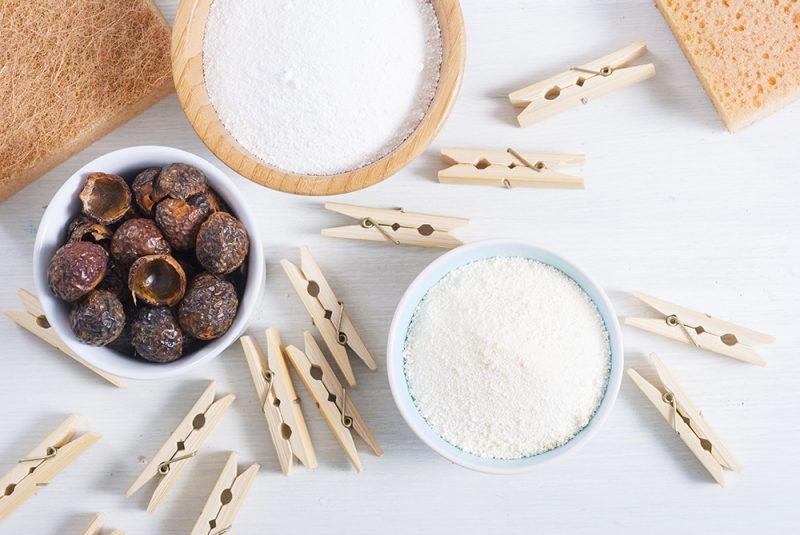
Instead of using synthetic foaming agents like sodium lauryl sulfate to suds-up our laundry detergent, at GO by greenshield organic® we use USDA Certified Organic Soap Berries. This berry-like fruit is known for its big cleaning power, but doesn’t require many
bubbles to do it.
Locked inside each soap berry is a low-suds detergent called saponin. Did you know that excess suds can actually trap dirt and prevent your clothes from rinsing clean? Low-sudsing formulas combat residue buildup, reduce rinse time, and save water. Fewer bubbles can also help your high-efficiency washer run more effectively and give your laundry a deeper clean.
Disclaimer: This blog is for entertainment and informational purposes only. It should not be seen as medical or any other advice. Our writers are not medical experts so individual precautions should be considered.
SUBSCRIBE TO OUR BLOG
RELATED ITEMS
RECENT POSTS

